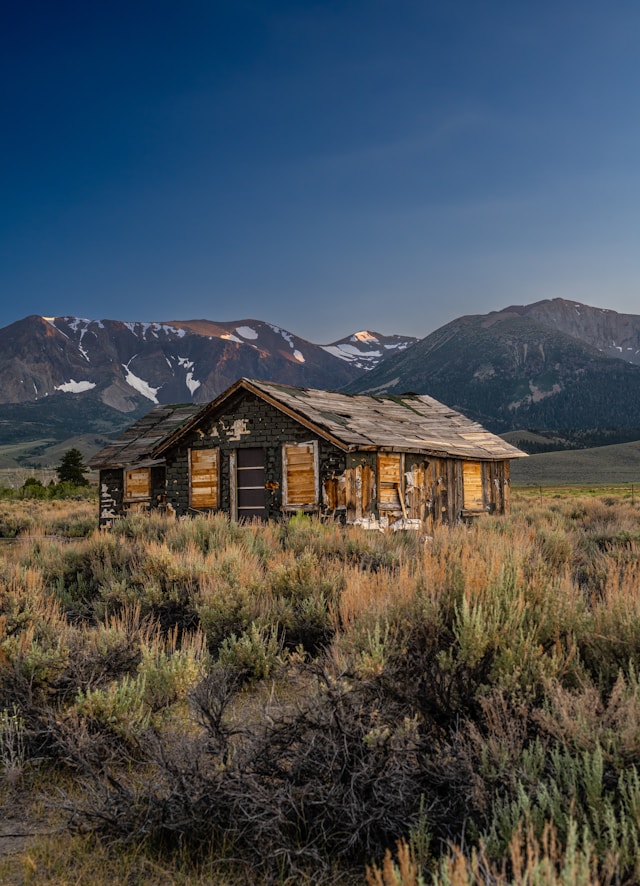Mammoth Lakes, a picturesque town nestled in the heart of California’s Sierra Nevada mountains, has become a popular destination for tourists seeking outdoor adventures and natural beauty.
This surge in tourism has led to a significant increase in short-term rentals, particularly through platforms like Airbnb. While these rentals provide valuable income for property owners and contribute to the local economy, they also present challenges in terms of regulation and community impact.
This blog post delves into the current landscape of short-term rental regulations in Mammoth Lakes, CA, providing insights and resources for property owners and potential investors.
Overview of Short-term Rentals in Mammoth Lakes
Short-term rentals, commonly referred to as Airbnbs, have become a staple in the Mammoth Lakes accommodation market. These rentals range from cozy cabins and condominiums to luxurious homes, catering to a variety of visitors. The town’s popularity for skiing, hiking, and other outdoor activities has driven the demand for these rentals, making it a lucrative venture for property owners.
Regulatory Framework
Mammoth Lakes has implemented specific regulations to manage the growth and impact of short-term rentals within the community. These regulations are designed to ensure that rentals are operated safely, legally, and with minimal disruption to the local residents. Here are the key aspects of the regulatory framework:
Permitting and Licensing
All short-term rentals in Mammoth Lakes must be registered and licensed with the town. This involves obtaining a business tax certificate and a transient occupancy tax (TOT) certificate. The TOT, commonly known as the “bed tax,” is levied on guests and collected by the property owner, who then remits it to the town.
Zoning Regulations
The town’s zoning laws dictate where short-term rentals can operate. Rentals are generally allowed in residential and commercial zones, but specific restrictions may apply depending on the location and type of property. For instance, some residential zones may have stricter rules to preserve neighborhood character and minimize disruptions.
Top 100 Airbnb Rental Markets

Instantly compare the top 100 short-term (Airbnb) rental markets in the US
Occupancy Limits
Mammoth Lakes enforces occupancy limits to prevent overcrowding and ensure the safety of guests. The maximum number of occupants is typically determined by the size and configuration of the rental property. Property owners must clearly communicate these limits to their guests and adhere to them strictly.
Safety Standards
Safety is a paramount concern for the town’s regulators. All Airbnb properties must meet specific safety standards, including the installation of smoke detectors, carbon monoxide detectors, and fire extinguishers. Additionally, properties must have adequate emergency exits and comply with building and fire codes.
Noise and Nuisance Regulations
To maintain the peace and tranquility of residential neighborhoods, Mammoth Lakes has enacted noise and nuisance regulations. Property owners are responsible for ensuring that their guests do not engage in excessive noise or disruptive behavior. This includes setting quiet hours and providing clear guidelines to guests.
Enforcement and Penalties
The town of Mammoth Lakes actively enforces its short-term rental regulations through routine inspections and monitoring. Violations of these regulations can result in penalties, including fines and the suspension or revocation of rental permits. Property owners are encouraged to comply fully with all regulations to avoid these penalties and contribute positively to the community.
Resources for Property Owners
For property owners and investors interested in the short-term rental market in Mammoth Lakes, several resources are available to help navigate the regulatory landscape:
- Town of Mammoth Lakes Official Website: The town’s official website provides comprehensive information on short-term rental regulations, permitting processes, and tax requirements. Visit the website.
- Mammoth Lakes Tourism: This organization offers support and resources for property owners, including marketing tools and visitor information. Visit Mammoth Lakes Tourism.
- Mammoth Lakes Chamber of Commerce: The Chamber of Commerce provides networking opportunities and resources for business owners, including those in the short-term rental market. Visit the Chamber of Commerce.
- California Department of Tax and Fee Administration (CDTFA): For information on state-level tax obligations, including the collection and remittance of TOT, property owners can refer to the CDTFA. Visit the CDTFA.
Conclusion
Navigating the regulatory environment for short-term rentals in Mammoth Lakes, CA, requires a thorough understanding of local laws and a commitment to compliance. By following the town’s regulations and utilizing available resources, property owners can successfully operate their Airbnb properties while contributing to the community’s economic vitality and preserving its unique character. Whether you are a current property owner or considering investing in the Mammoth Lakes short-term rental market, staying informed and compliant is key to achieving long-term success.


